NMN in China: Safety first, with health foods registration underway for some companies
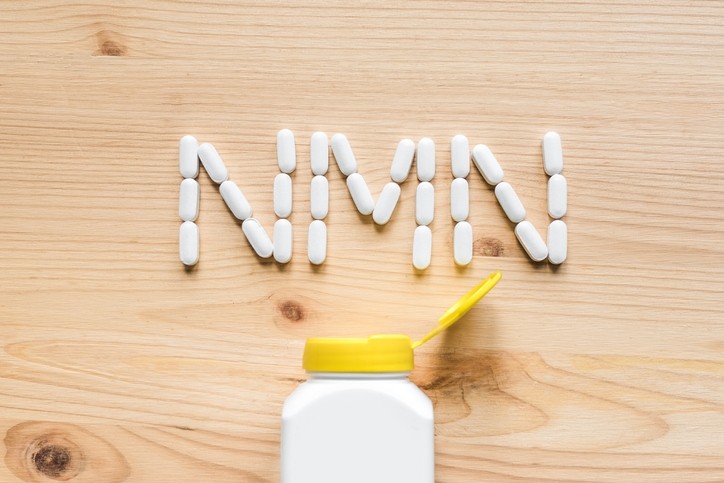
Several China companies making finished products have submitted health foods registration for their NMN products, Zhang Zhong Peng, secretary general of China Nutrition and Health Food Association (CNHFA) said in an interview with NutraIngredients-Asia.
Health foods registration is a way for products containing novel ingredients to enter the China market.
These products would need to go through approval from the State Administration for Market Regulation (SAMR) and the process could take up a few years.
However, this is one of the ways that novel health foods such as NMN will need to go through to properly establish itself in China.
The widely popular ingredient, which has come to be synonymous with anti-ageing and longevity in China, is not yet approved for use in pharmaceuticals, health foods, as food additives or novel food raw material in the country.
The only exception is its use as a novel raw material in cosmetics.
Supplements containing NMN can enter China via cross-border e-commerce (CBEC) or via direct mail.
However, even the CBEC channel has come under scrutiny in recent months.
In June, it was widely reported that only NMN products made in certain regions could be sold via CBEC into China. This includes Canada, Hong Kong, China, and Japan.
However, NutraIngredients-Asia understands that there is now a blanket ban imposed on all NMN products that are entering via the CBEC channel.
A NMN manufacturer from one of the sanctioned regions also told us under anonymity that their shipments were returned without exact reasons given at the customs around July.
EffePharm, a company which supplies NMN ingredient under the brand Uthever, said that they were informed by their clients that products from the sanctioned regions have been rejected at the customs.
No official notification on the ban was put up or disseminated to brand owners. Instead, it was the CBEC companies that were notified and instructed to administer the ban.
Some of the client companies have also put their NMN product plans for the Chinese market on hold due to the ban, said Addy Gao, marketing lead of EffePharm.
However, she said that the impact on EffePharm was limited, as only one-tenth of its business was coming from clients selling NMN products into China via CBEC. The majority of its businesses come from North America and Europe.
Zhang believes that the current situation is driven by the Chinese authority’s concerns with NMN’s safety.
As a new ingredient, he pointed out that there has been insufficient data on NMN’s safety and human clinical trial evidence.
He also advised that NMN manufacturers should focus on the safety and efficacy evidence instead of making exaggerated and unsupported claims for short-term gains.
“Companies should give up the thought of sensationalising their products to win the China market. They should conduct actual studies to show the products’ safety and efficacy, including its mechanism of action, and quality control.
They should not depend on sensationalising their products based on a concept, such as ‘eternal youth’, ‘immortality’ (不老), because doing so has no future. Everything should return to science.
However, if the product can indeed bring about anti-ageing effects and has clear explanation on the mechanism of action, as well as huge amount of data showing that it’s safe enough for use in humans, then this product definitely has a place in the market,” he said.
The NMN craze started in China back in 2020 with Doctor's Best product.
At the same time, Zhang believes that the Chinese authorities have also taken into considerations the global regulatory status of NMN.
In the US for example, NMN has been disallowed by the Food and Drug Administration (FDA) in November 2022 because of its prior investigation as a drug.
While NMN health foods are currently prohibited to enter China via CBEC, Chinese consumers could still access the products via direct mail for personal use.
The CNHFA, on the other hand, has also drafted an industry standard for measuring the amounts and purity of NMN in health supplements.
The proposed standards are currently open for public consultation which closes before September 13.
Zhang said that the standards, drafted even before the ban on CBEC NMN products, were aimed at upholding the quality of NMN products.
Look global to push forth NMN regulatory status
On the other hand, Gao remains optimistic of China’s NMN sector due to the persistent consumer demand and said that her company has been investing in efforts globally to help it gain regulatory recognition.
The company believes that by a global approach will be helpful in promoting NMN’s recognition in China and beyond.
In Europe for instance, the company has already submitted applications for NMN as novel food and is now at the safety evaluation stage.
“We hope to get the novel food approval for NMN in Europe next year,” she said.
The company is also in contact with the US FDA regarding NMN’s use in dietary supplements.
In the US, the company had submitted a new dietary ingredient (NDI) notification for NMN on December 5, 2022.
According to a database run by China consultancy firm CIRS, there is a record of NMN or β-nicotinamide mononucleotide (NMN) submitted as a new food additive last year.
As of May 9 last year, the application was given the status “disapproved”.
This, however, does not mean that applicant is not allowed to resubmit its application. The consultancy explained that in most cases, the applicant can refine their application materials and resubmit to the authorities again.
Meanwhile…a NMN replacement
Meanwhile, EffePharm has introduced a NMN replacement ingredient in view of the current regulatory concerns surrounding NMN.
The ingredient, marketed as UthPeak, is a reduced form of NMN – which is also known as reduced beta-nicotinamide mononucleotide (NMNH).
EffePharm is currently selling the ingredient in the US market and is in the midst of conducting human clinical trials on its safety. It also plans to do another phase II study on its benefits for sleep and liver health.
A study involving Nestle Research reported that NMNH was able to significantly increase nicotinamide adenine dinucleotide (NAD+) at a lower concentration than NMN.
“In fact, NMNH was able to significantly increase NAD+ at a 10 times lower concentration (5 µM) than that needed for NMN, and reached a plateau at supplementation concentrations of 500 µM.
“At this concentration, NMNH achieved an almost 10-fold increase in the NAD+ concentration, while NMN was only able to double NAD+ content in these cells, even at 1 mM concentration.
“NMNH also proved to be a faster precursor, resulting in a significant increase in NAD+ levels within 15 minutes,” said the findings of the cell and mice study published in 2021.
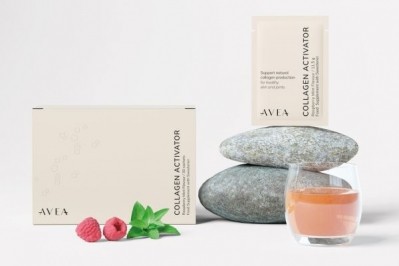
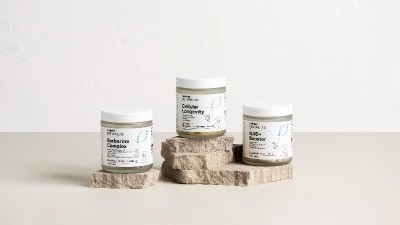
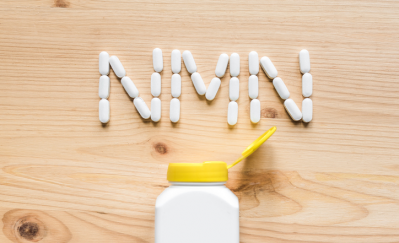

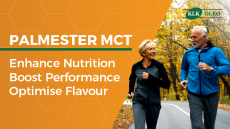










![Beauty consumers are most likely to prioritise devices and treatments as solution over supplements. [Getty Images]](/var/wrbm_gb_food_pharma/storage/images/_aliases/wrbm_tiny/publications/cosmetics/cosmeticsdesign-asia.com/headlines/market-trends/beauty-supplements-consumers-likely-to-explore-devices-treatments-before-supplements/17712040-1-eng-GB/Beauty-supplements-Consumers-likely-to-explore-devices-treatments-before-supplements.jpg)



